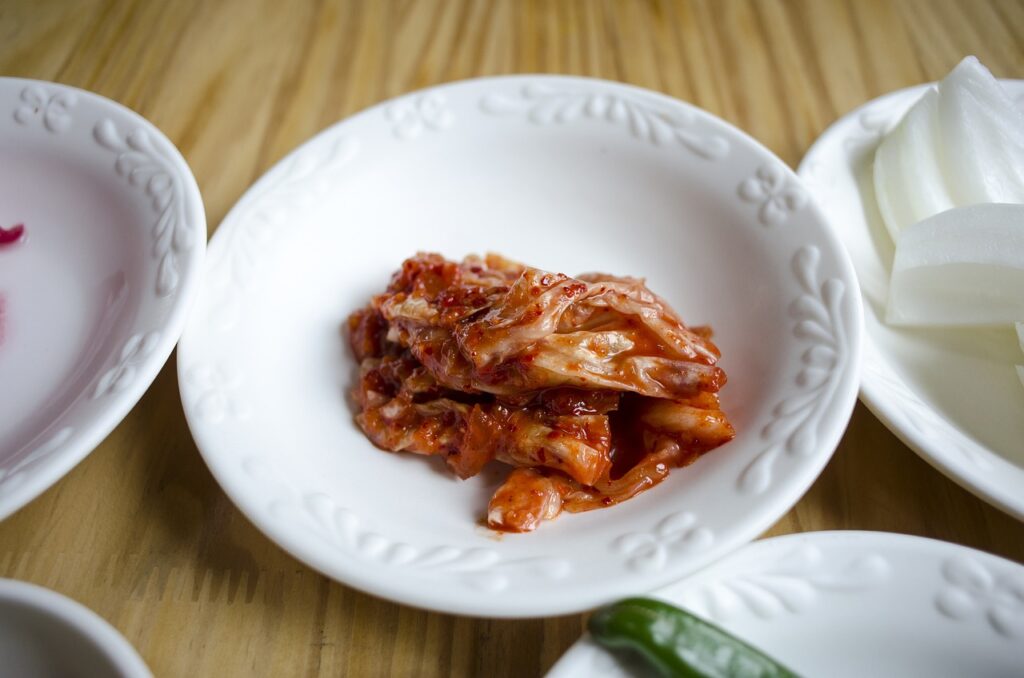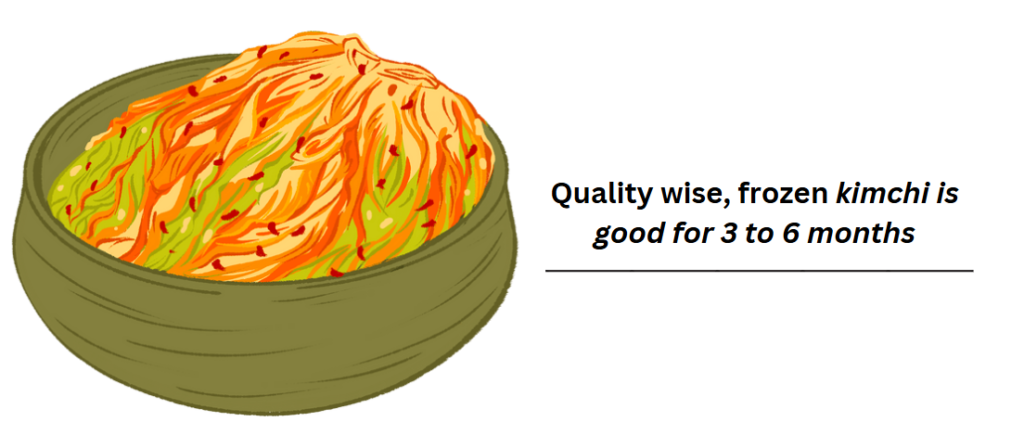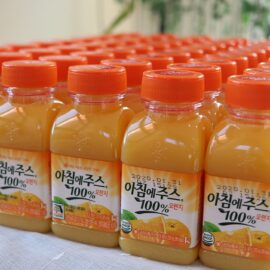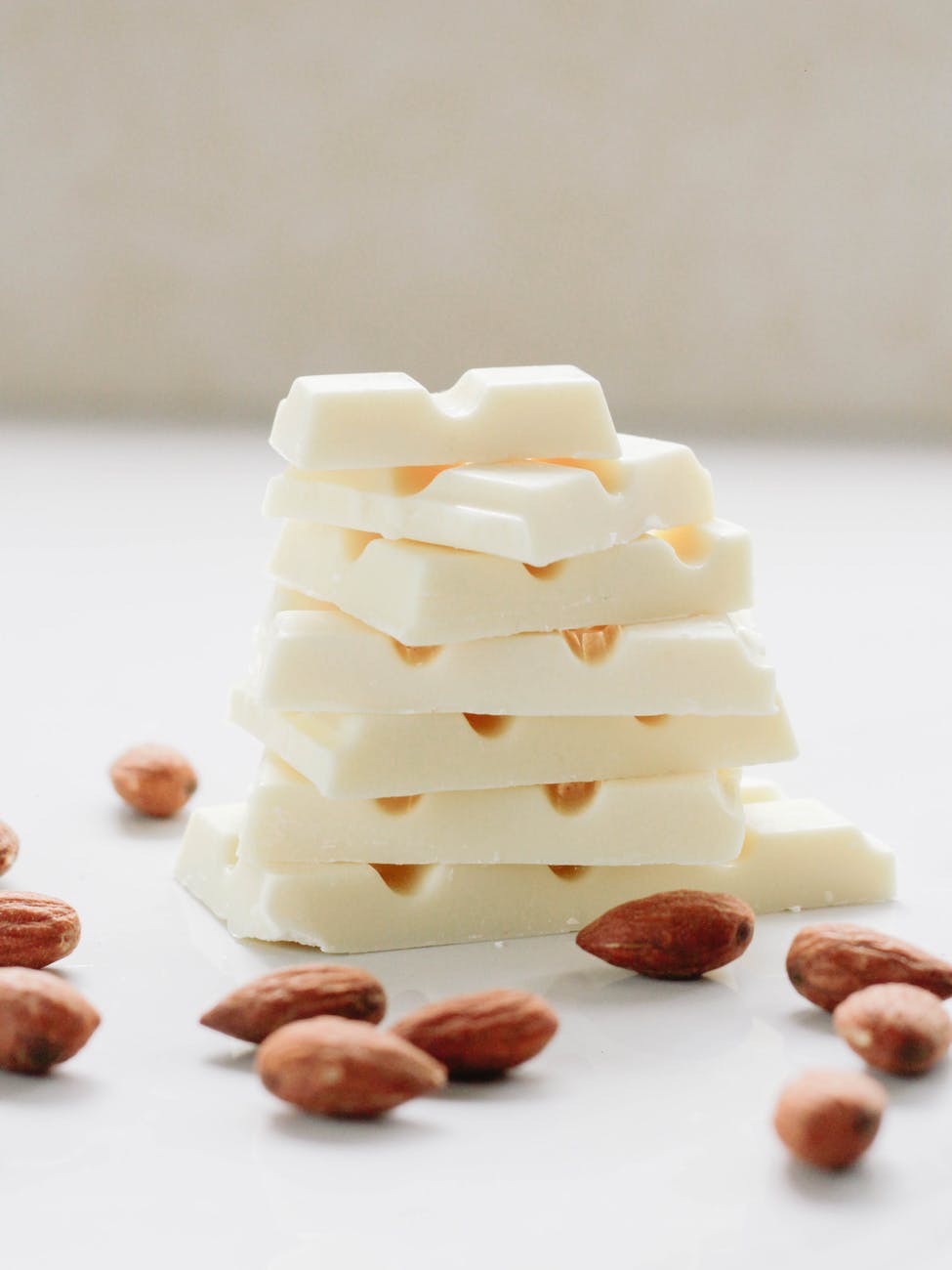
Kimchi is a traditional Korean food made from various vegetables, usually cabbage. Its unique taste is a result from a weeks-long fermentation. If you freeze kimchi, would it be the same? Would it still be safe for consumption?
Fermentation is a preservation method wherein beneficial microorganisms consume the sugars present in food. In return, alcohol or acid are produced. In the case of making kimchi, lactic acid bacteria (LABs) convert the sugar in lactic acid. This acid is mainly responsible for the tangy and sour taste of kimchi. The initial fermentation process is usually allowed to take place for 1 to 2 days at room temperature.
You might also like: Lactic Acid Fermentation: An Overview
After that, the kimchi is transferred and stored at refrigerated temperature for several weeks to months. Refrigeration does not stop the fermentation process; it only slows down fermentation. This allows for the complex flavors to form. But if the kimchi has been stored in the refrigerator for an extended period, it may become strongly sour, and it is not really desirable.
Freezing kimchi for later use
This is when freezing is a great option. And yes, you can definitely freeze kimchi. Not only it prevents over fermentation, but it also extends its shelf life for roughly 1 year.
The traditional practice of storing of kimchi in Korea is either refrigeration or earthenware jar (onggi). The cool temperature involved with the two methods allow for natural fermentation of kimchi. Nowadays, the busy lifestyle in the country has changed how they store it. This is especially true for individuals who are used to making kimchi in large batches.
To prevent food waste, they would store kimchi in the freezer. If you wish to do the same, it is better that the kimchi has aged or fermented sufficiently. Remember that fermentation requires time in order for the texture, flavor, as well as nutrients to fully developed. If you store kimchi in the freezer before it reaches its maturity, fermentation stops, preventing it to reach its optimum quality.
Refrigeration temperature encourages slow fermentation, while freezing temperature stops it. The typical refrigeration temperature for storing kimchi is between 36°F (2°C) and 43°F (6°C). The freezing temperature, on the other hand, is at 32°F (0°C) and below. This lower temperature halts several reactions, particularly microbial activity.
As I have already mentioned, LABs are the main reason why kimchi undergoes fermentation. These bacteria are temperature sensitive. They thrive at room temperature and cool environments. And at freezing temperatures, they become inactive until the environment becomes tolerable again. However, the microbial population and their activity might be reduced due to stress and cell damage.
So while freezing is a safe and good option for storing kimchi for later use, make sure that it has been fermented fully. The texture, taste, and nutrients are locked once it is frozen and after thawing.
Proper freezing of kimchi

Want to make sure your kimchi is properly stored in the freezer? Here are several things you can do to.
Like any other frozen food, freeze kimchi by portions. This way, you will be able to take out the amount you only need. Frequent freezing and thawing gradually diminishes the quality of kimchi. During freezing sharp ice crystals penetrate the cells of the vegetables. Repeated freezing and thawing will repeat will ice crystal formation. Over time, the kimchi would become mushy and soft, and the flavor also is lost as a result of cell structure damage.
You might also like: The Basic Of Freezing Food For Preservation
To prevent this, place kimchi in airtight and freezer-safe container. You can also use freezer bags. These containers can keep air and moisture out. These and other freezer elements, when present inside the container, causes oxidation that negatively affects the texture and flavor of food.
Earlier, I said that frozen kimchi can last up to 1 year. It is true. But its quality might not be up to your liking. Most frozen foods, including kimchi, are actually good, in terms of quality for 3 to 6 months. So, you would want to consume frozen kimchi within this time frame. To make sure of it, label the container the date when it was first stored for easy tracking.


